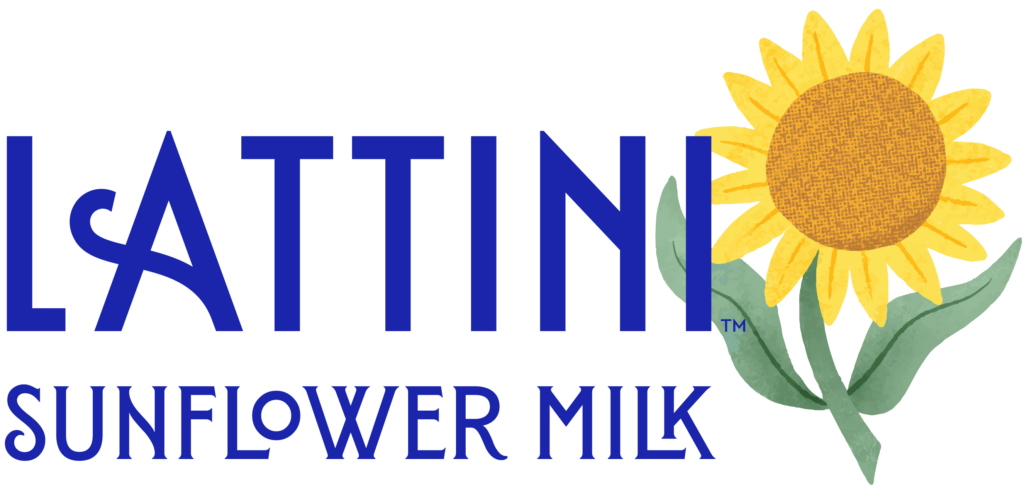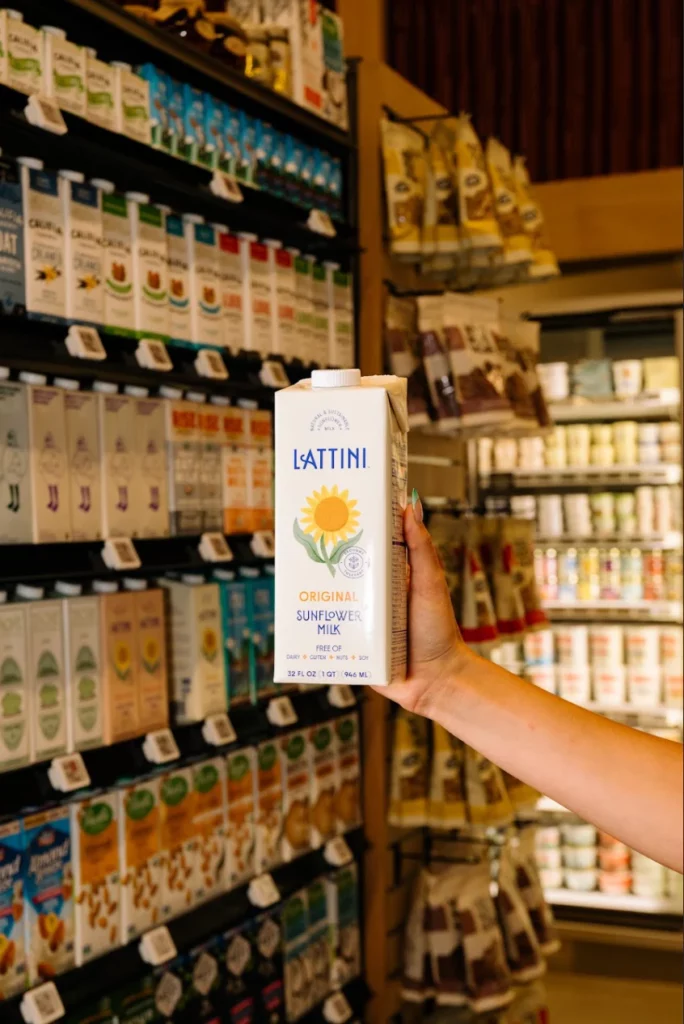We’re all thinking more about what we eat and how it affects the planet, and the milk aisle isn’t an exception. Nowadays, the options seem endless—cartons of almond milk, oat milk, and soy milk are the norm. But, what if we told you there’s a new kid on the block that’s shaking things up?
We’d like to introduce you to sunflower milk, a delicious milk-alternative that’s great for both your health and the environment.
The Plant-Based Milk Revolution
Remember when the biggest decision in the dairy aisle was whole milk or skim? Those days are over. Thanks to folks avoiding lactose and questioning dairy practices, there’s been a big shift in the milk aisle. And we don’t think this is a passing trend—we think it’s a sign of real change in how we think about what we eat and how it impacts the world around us.
Why Make the Switch to Milk Alternatives?
If you haven’t already made the switch, it’s never too late to join! It’s not just the vegans singing the praises of alternatives anymore—everyone from health-nuts to those who simply prefer the taste are coming on board. And opting for plant-based milk can be much more than a mere preference; it’s about reducing your carbon footprint and reaping the health rewards, like better digestion and a happier heart.
But here’s the real question: with so many options, which one is really the cream of the crop? Is it all about the protein, the eco-friendliness, or just how tasty it is? Let’s take a look at our options.
The Contenders: Almond, Oat, Soy, and Sunflower
Almond Milk
Almond milk, the reigning champion of the dairy alternatives world, has been a staple for many looking to ditch traditional cow’s milk. Its creamy texture and nutty flavor make it a versatile option for everything from morning cereal to creamy sauces.
While almond milk is a popular choice for its creamy texture and nutty flavor, it’s worth mentioning that almond cultivation requires a significant amount of water. In regions like California where water scarcity is a big problem, the environmental impact of almond milk production can be a drawback to consider.
Oat Milk
Oat milk has quickly risen through the ranks to become a favorite with plant-based milk enthusiasts. Made from oats soaked in water, it has a naturally sweet flavor and a smooth, creamy consistency that’s perfect for lattes.
With that in mind, oat milk may not be suitable for those with gluten sensitivities or celiac disease, as oats are often cross-contaminated with gluten. Additionally, some commercially available oat milks may contain added sugars or thickeners, so it’s important to check the ingredients list if you’re watching your sugar intake.
Soy Milk
The OG of plant-based milks, soy milk has been around for decades and continues to hold its ground in the milk aisle. It’s relatively protein dense, which makes it a favorite for those looking to boost their intake without animal products.
While soy milk is a great source of plant-based protein, it’s better to avoid it for individuals with soy allergies or sensitivities. There have also been concerns raised about the environmental impact of large-scale soy production, especially in regions where deforestation and habitat destruction are issues.
Sunflower Milk
Now, let’s introduce sunflower milk—the unexpected contender in the milk game, blending nutrition and eco-friendliness in one smooth sip. Sunflower seeds are rich in vitamins and minerals, which makes sunflower milk a great option for those who don’t want to compromise nutrition in their diet. It’s vegan, gluten-free, soy-free, and nut-free, so pretty much anyone under the sun can enjoy it.
This unsung hero boasts a creamy texture and subtle flavor that enhances any dish without stealing the spotlight. But here’s where it really shines: its eco-credentials. With low water requirements and a minimal carbon footprint, sunflower milk just might be the all-in-one solution you’ve been looking for.
So Which One is Best?
When it comes to choosing the best milk alternative, there’s no one-size-fits-all answer. Each option has its own unique flavor, texture, and nutritional profile, so it ultimately comes down to personal preference. No matter what you’re looking for, remember that there’s a plant-based milk out there to suit your tastes and dietary needs.
But today, we’d like to think we set a new standard with sunflower milk—nutritious, versatile, delicious, and gentler on our environment.
One Sip Forward with the Best Milk Alternative
As our tastes and values evolve, so do the choices before us in the dairy aisle. The best way to find what suits you best? Dive right in and give it a try. We encourage you to pick up a carton of Lattini’s Sunflower Milk and see if it fits with your lifestyle. Striking that balance between health and harmony with nature is key, because the right milk alternative isn’t just a beverage; it’s a step towards a more sustainable world.


